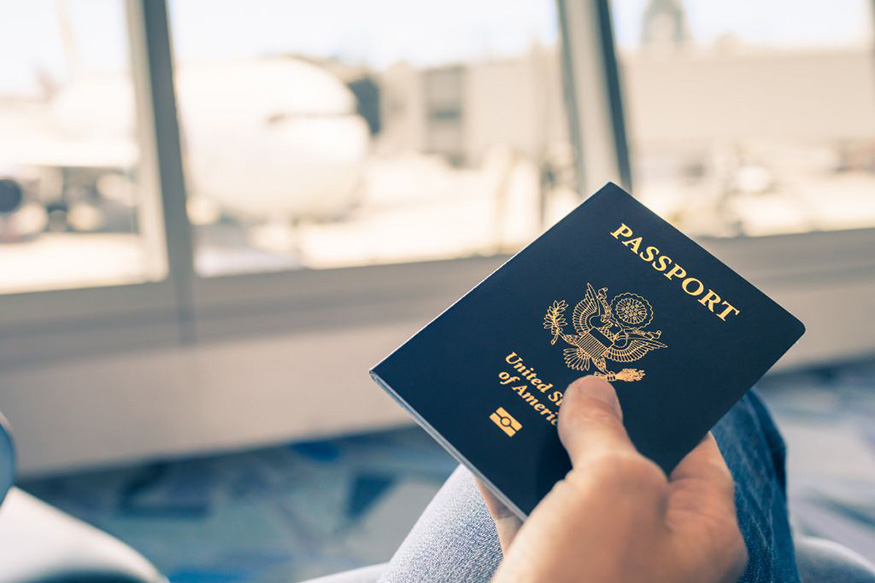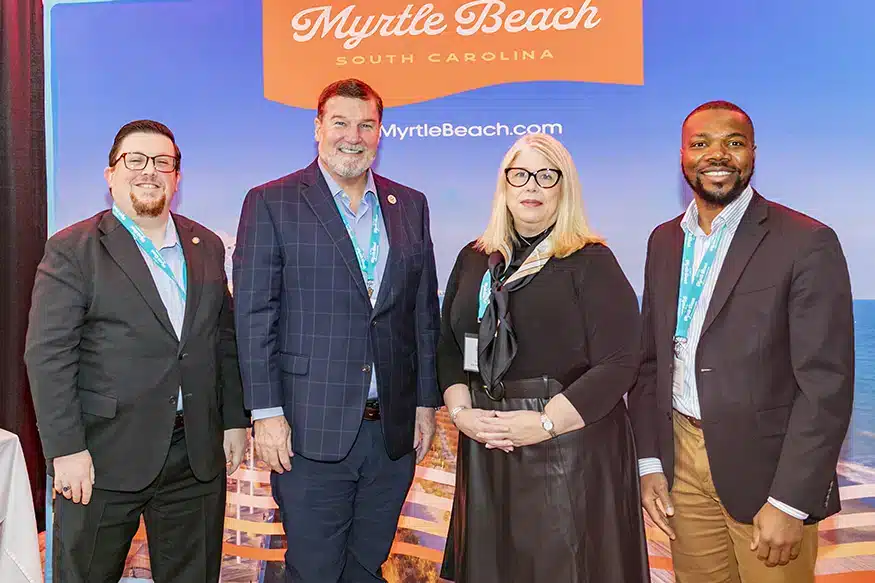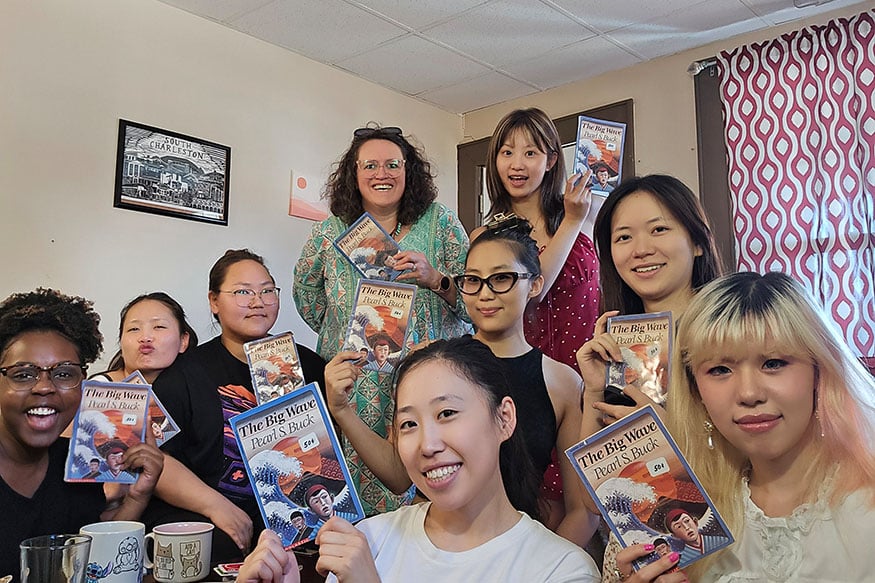2019 Christianson Fellow Madalyn McLennan was volunteering in Mexico with Compañeros En Salud, a subsidiary of the US-based NGO Partners in Health, when COVID-19 hit. She shares her remote-work experience to promote access to quality care for rural communities.
Due to the spread of COVID-19, Partners in Health required all U.S. volunteers stationed out of the country to return home immediately in March. This command, while understandable and reasonable, was abrupt and disheartening. All of the volunteers felt we still had so much more to accomplish in Chiapas.
Before leaving, my team was working on understanding the patient perspective more clearly. This meant traveling out to one of our rural communities every other week to conduct interviews with patients who had utilized our program. I was hearing stories ranging from one patient needing emergency surgery for a heart condition to children receiving speech therapy. Each interview was a new adventure and a new opportunity to connect with the people we help every day.
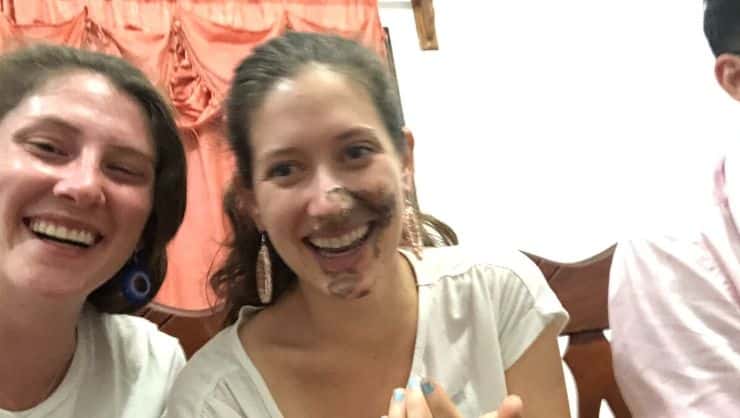
Image courtesy of Madalyn McLennan
Since being called back to the U.S., some of my daily tasks have remained the same. I continue to check our databases for newly enrolled patients and add them to our task board, but the number of new patients has decreased drastically. Many hospitals are reducing the number of appointments due to the pandemic, so we’re not able to schedule as many appointments for patients.
Focusing on important “behind-the-scenes” work
My work has changed from working directly with patients, to more behind-the-scenes and less hands-on. This work may not be as exciting, but it’s just as important.
One of my main projects is updating our data collection systems. We currently store patient information in various different locations; I’m streamlining this process. This requires analyzing our patient data more thoroughly to understand how to reconstruct our data entry system. The update will allow for multiple people to view and edit patient information in real time, reducing the delay in transfer of information. This will also decrease the work burden on our social workers who, at the moment, are manually entering information. This is a large project, but I’m very excited for the end result.
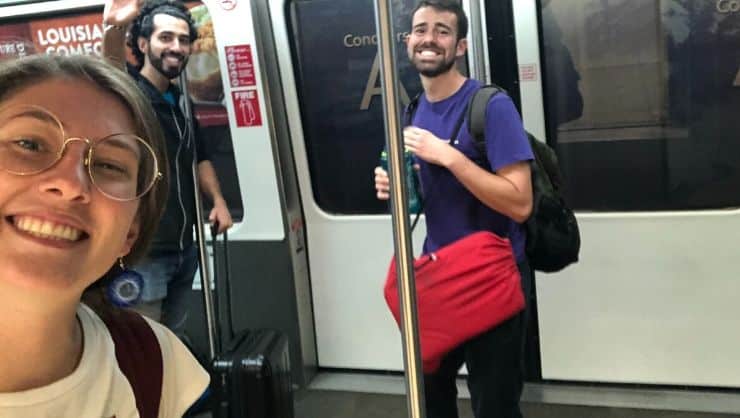
Image courtesy of Madalyn McLennan
Staying connected to the community, despite the distance
I’ve been able to stay involved in our patient interview project by transcribing the interviews while in the U.S. I definitely enjoyed being in our patients’ homes and hearing their stories first hand more than the transcription side, but having those interviews on paper is also important. The transcription process allows me to pretend I’m still there, listening to them tell me about their journey and how we can improve our services. This also keeps the interviews fresh in my mind for when I do eventually return to Chiapas and hopefully finish out the project.
The challenges of remote team work
Communication with my team has been more difficult. Before when I had a question, my entire team sat within five feet of my desk. Now they are thousands of miles away with unreliable internet and phone service. This means I have had to make more executive decisions and touch base when I can. Luckily, I still have a good relationship with them, so when there is signal and internet we can communicate freely.
Although COVID-19 has drastically changed my experience with Compañeros En Salud, I still feel very privileged to continue to support this organization from afar. Working remotely without my coworkers poses problems and is not ideal, but I’m continuing to help enact our mission and support those in Chiapas so I still feel my time is beneficial.

